The Maze at Windermere
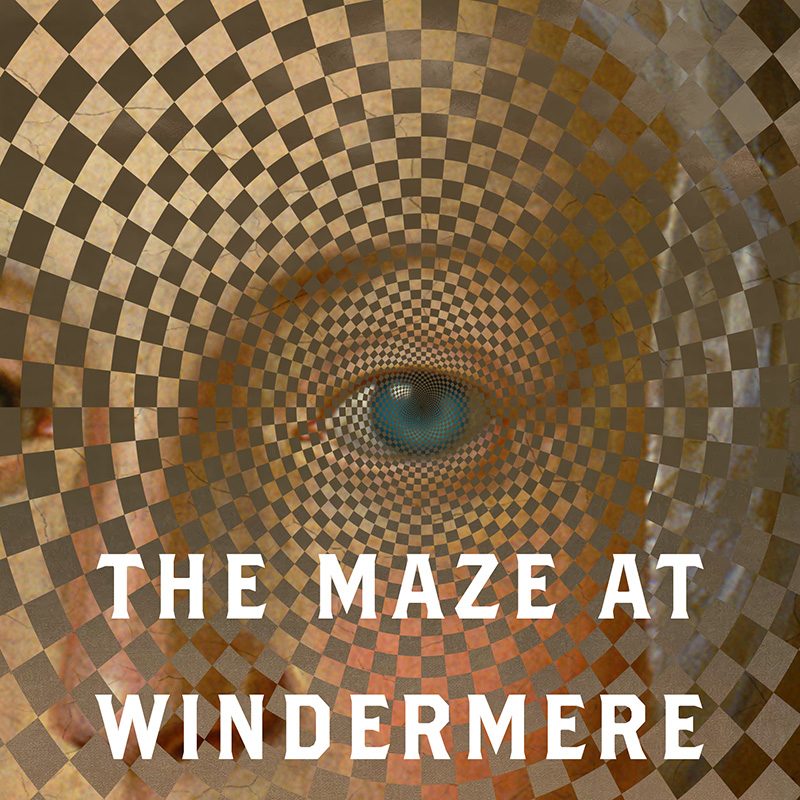
“Not since Beautiful Ruins have I read a novel with such breadth of imagination or depth of heart, nor a cast of characters so real, so varied, so compelling. In five exquisitely braided tales spanning nearly four centuries, Gregory Blake Smith illuminates the everlasting power of our passions and the hazard of our follies — in essence, the many ways we mortals strive and yearn toward the center of the maze we each call life. This book is a tour de force: gorgeous, suspenseful, cunning, and wise.”
— Julia Glass, author of the National Book Award-winning Three Junes
“Gregory Blake Smith’s The Maze at Windermere is a dazzling high-wire act. I turned every page with a sense of wonder and excitement.”
— Richard Russo, author of the Pulitzer Prize winning Empire Falls
“The Maze at Windermere is an astonishing book – prismatic, continually surprising, daring not only in structure but in its investigation of the human heart. Somehow it manages to be both ruthless and tender. On top of all that, it’s wildly, hurtlingly entertaining.
— Leah Hager Cohen, author of The Grief of Others
“The Maze at Windermere is thrilling. This novel restored my faith and made me laugh out loud. It’s rare that a novel comes along that is broad-ranging, so very funny, profound, provocative, literary and page-turning, and also, word perfect. I went right back to the beginning when I’d finished, marveling again at the radiant mind of Gregory Blake Smith.”
— Jane Hamilton, bestselling author of A Map of the World
“Smith’s vibrant mix of beautiful writing, clarity of voices, flow of history and storytelling, and philosophical reflections had me slowing my pace to stretch out its pleasures.”
— StarTribune
“Staggeringly brilliant . . . You’ll start The Maze of Windermere with bewilderment, but you’ll close it in awe.”
— The Washington Post
“Pitch perfect . . . Smith’s ability to capture the character of the languages used in each of his historical periods is remarkable.”
— New York Times
“Compelling…. Award-winning novelist Smith moves nimbly among his tales’ various settings and diverse characters within the confines of Newport. [An] intricate tale.”
— Library Journal, starred review
“Taken individually, each story is dramatic and captivating, but as the author makes ever-increasing connections among the stories and shuffles them all into one unbroken narrative, the novel becomes a moving meditation on love, race, class, and self-fulfillment in America across the centuries.”
— Publishers Weekly, starred review
“The changing language, landscape, and mores of three centuries of American history are depicted with verisimilitude, highlighting what doesn’t change at all: the aspirations and crimes of the human heart.”
— Kirkus Reviews
“Newport, Rhode Island, with its rich history and tradition of wealthy summer visitors, is the setting for the intricately designed and suspenseful fourth novel by the author of The Divine Comedy of John Venner (1992).”
— Booklist, starred review
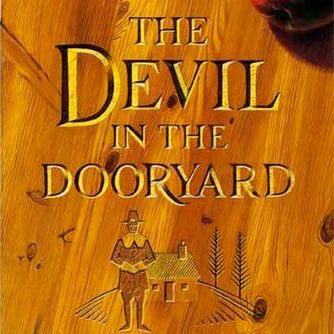
The Devil In the Dooryard
“Smith has written an updated version of Santayana’s The Last Puritan, a sardonic black comedy that shows we are still as haunted by the specters of savages and witches as were our ancestors; and that the pursuit of moral purity can produce evil results. An auspicious debut.”
— Library Journal
“Adroit, comic yet moving, crackling with flawless, cross-purpose dialogue, and decorously erotic.”
— New York Times Book Review
“An ambitious and accomplished debut…soundly constructed and written with confidence and polish.”
— Times Literary Supplement
“Daring in its conception, and…hellishly readable.”
— The Observer
“Resonates with the themes of mythic America and is driven by a real story, a plot that keeps one turning pages and leaves one deeply moved, sweetly saddened with a touch of qualified hope by the outcome…the most impressive piece of fiction I’ve read in a long time.”
— Brunswick Time-Record
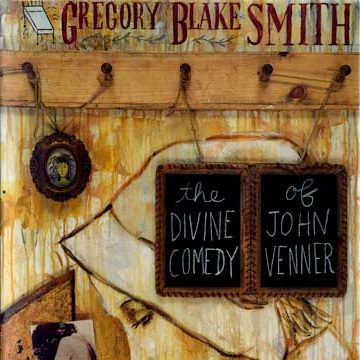
The Divine Comedy of John Venner
“Fast-paced morality tale…a delight to the end. Smith is a fine stylist, subtle, witty and learned.”
— Kirkus Reviews
“This is an intelligent and hilarious little novel… comic and serious, poignant and satiric, it brings you at times to break-out-loud laughter. [Smith] is an intellectual and witty writer, using his considerable powers with elegant precision.”
— Washington Post Book World
“An entertaining blend of comedic buffoonery and subtle seriousness, Smith’s work is lusciously creative and completely engaging.”
— Booklist
“Venner’s sexual escapades evolve into a not just funny meditation on the nature of love, both fleshly and spiritual.”
— The New Yorker
“A Notable Book of the Year.”
— New York Times Book Review
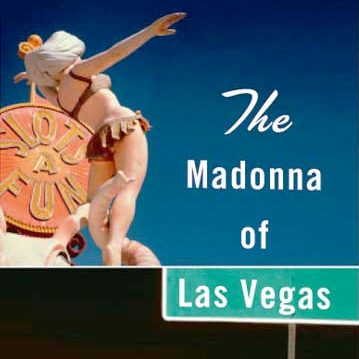
The Madonna of Las Vegas
“[Smith] weaves an engrossing and funny tale and writes terrific dialogue…”
— Publisher’s Weekly
“An arch metaphysical mystery.”
— Kirkus Reviews
The Law of Miracles
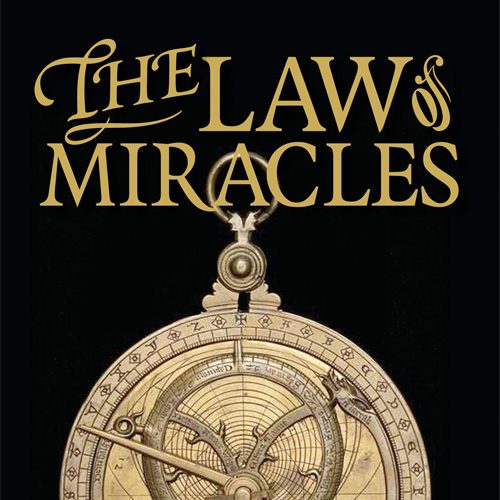
“As marvelously varied as these stories are in terms of premise, narration, and setting, they all exhibit the same powerful sense of authenticity, creative exuberance, careful observation, and moral engagement. The Law of Miracles is intellectual, even philosophical, but its exploration of ideas never comes at the expense of its characters, whose hearts and minds Smith occupies with empathy and elegance and a fundamental regard for complexity. Chekhov said a writer’s job is not to solve problems but to state them correctly, and that’s exactly what Smith does in this precise and deeply imagined collection. The Law of Miracles is my favorite kind of book, both conceptual and urgent.”
— Chris Bachelder, author of U.S.! and Bear v. Shark
“Nine ‘Moral Problems’ structure this wonderful book; each is a vignette or short story. . . . A final moral problem, ‘A Comic Divertissement,’ begins fewer than two ‘seconds after the Big Bang.’ For the Creator, human struggle and longing, we learn, have been little more than a caprice, the biggest trick on us all.”
— StarTribune
“Stories offer reflections on conflict, morality, and provide a satisfying blend of philosophical and psychological reflection.”
— The Fiction Shelf